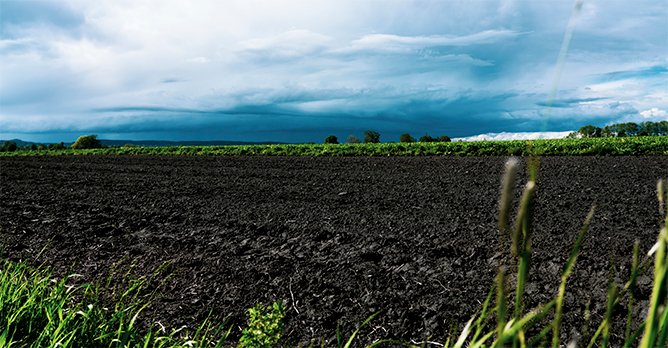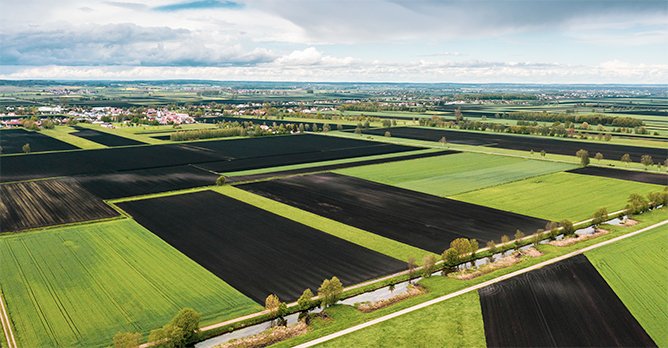Audi launches feasibility study to explore use of peatland ecosystems as long-term carbon stores
25 May 2021|824 views
The Audi Environmental Foundation and an alliance of regional municipalities, cities and administrative districts are joining forces with the European Union's existing support programme to fund a study researching the capacity of peatland, woodland and humus to offset emissions. The study also aims to outline how regional farmers can repurpose their land for alternative uses and be financially rewarded for their efforts.
Peatland ecosystems are among the most efficient greenhouse gas stores on the planet. They have positive effects on our climate and provide a whole range of flora and fauna with valuable habitats.
By launching the 'CO2-Regio' project, the nonprofit Energie Effizient Einsetzen association has made it its mission to conserve this natural habitat with its exceptional biodiversity and promote the greenhouse gas storage capability of peatland.
The project will formulate guidelines for farmers on how they can conserve and maintain any peatland on their estates, with particular importance attached to ensuring that these 'climate managers' receive proper financial compensation for their efforts.
Other focal points of the study include humus formation and reforestation - both equally effective climate protection measures that can also be easily implemented by owners of property with no peatland. The European Union's support programme will enable the findings of the study to be put into practice over the next two years.
The feasibility study aims to create a carbon offsetting mechanism through peatland conservation, humus formation and reforestation with a view to strengthening regional business cycles and promoting alternative land uses. Since the measures have a long-term impact, they help to ensure that local farmers can continue to live off their land over the coming decades too.
The aim is to enable all residents, as well as businesses and industries to attain sustainability certification, helping to promote business cycles, nature conservation, and climate protection at a local level.
The Audi Environmental Foundation and an alliance of regional municipalities, cities and administrative districts are joining forces with the European Union's existing support programme to fund a study researching the capacity of peatland, woodland and humus to offset emissions. The study also aims to outline how regional farmers can repurpose their land for alternative uses and be financially rewarded for their efforts.
Peatland ecosystems are among the most efficient greenhouse gas stores on the planet. They have positive effects on our climate and provide a whole range of flora and fauna with valuable habitats.
By launching the 'CO2-Regio' project, the nonprofit Energie Effizient Einsetzen association has made it its mission to conserve this natural habitat with its exceptional biodiversity and promote the greenhouse gas storage capability of peatland.
The project will formulate guidelines for farmers on how they can conserve and maintain any peatland on their estates, with particular importance attached to ensuring that these 'climate managers' receive proper financial compensation for their efforts.
Other focal points of the study include humus formation and reforestation - both equally effective climate protection measures that can also be easily implemented by owners of property with no peatland. The European Union's support programme will enable the findings of the study to be put into practice over the next two years.
The feasibility study aims to create a carbon offsetting mechanism through peatland conservation, humus formation and reforestation with a view to strengthening regional business cycles and promoting alternative land uses. Since the measures have a long-term impact, they help to ensure that local farmers can continue to live off their land over the coming decades too.
The aim is to enable all residents, as well as businesses and industries to attain sustainability certification, helping to promote business cycles, nature conservation, and climate protection at a local level.
Latest COE Prices
July 2025 | 1st BIDDING
NEXT TENDER: 23 Jul 2025
CAT A$101,102
CAT B$119,600
CAT C$66,689
CAT E$118,500
View Full Results Thank You For Your Subscription.





















